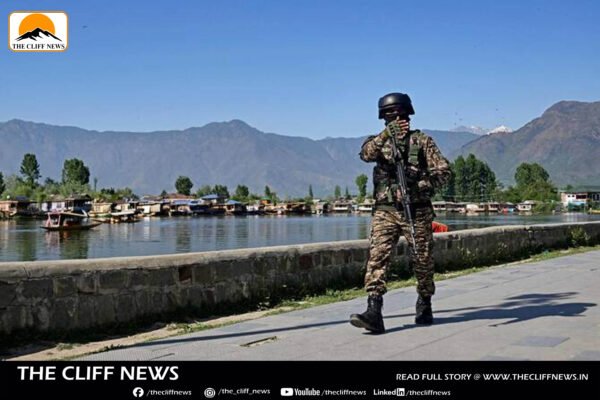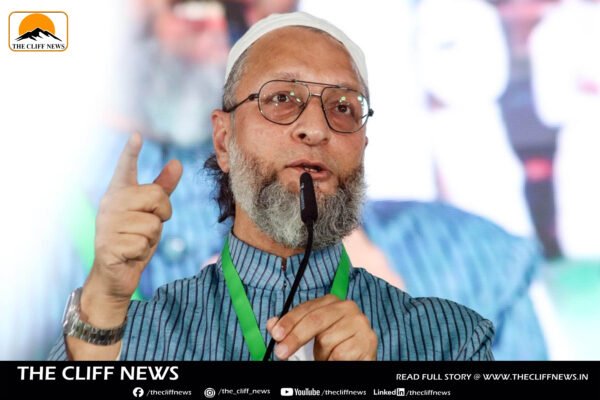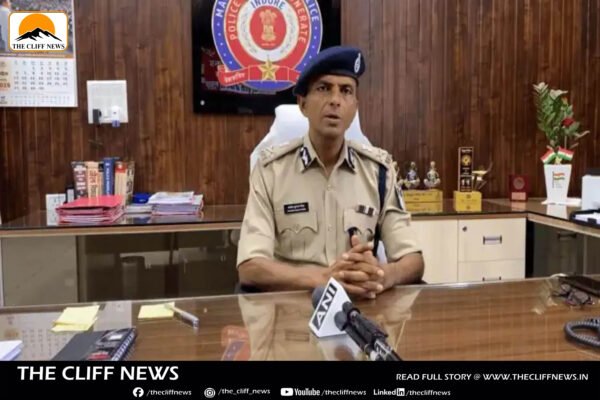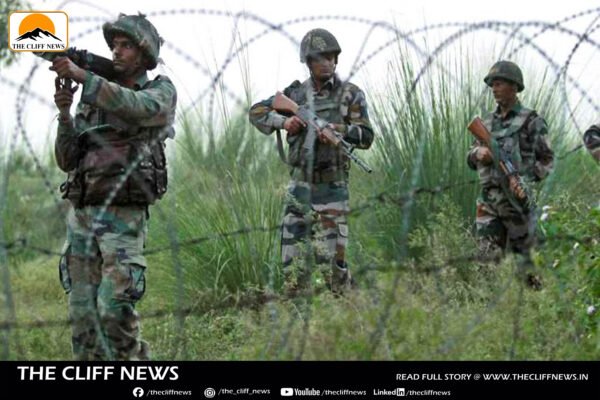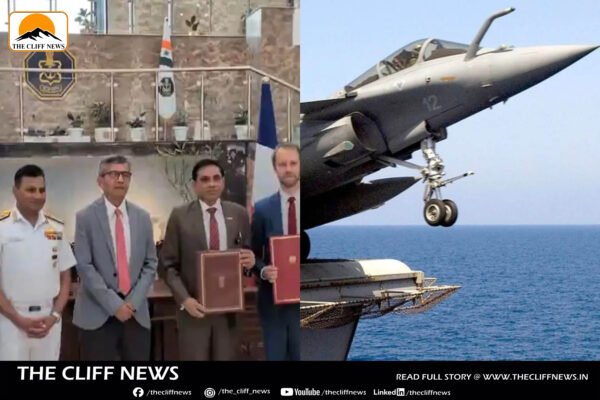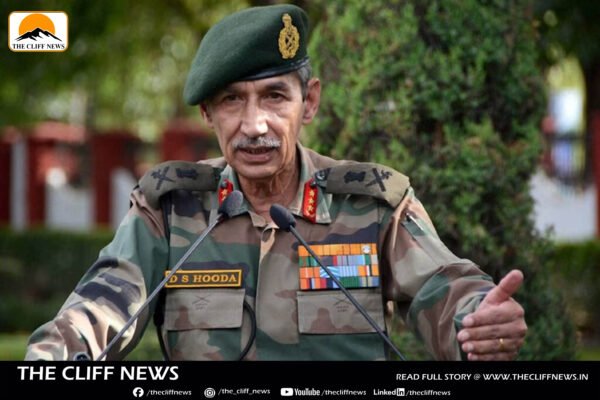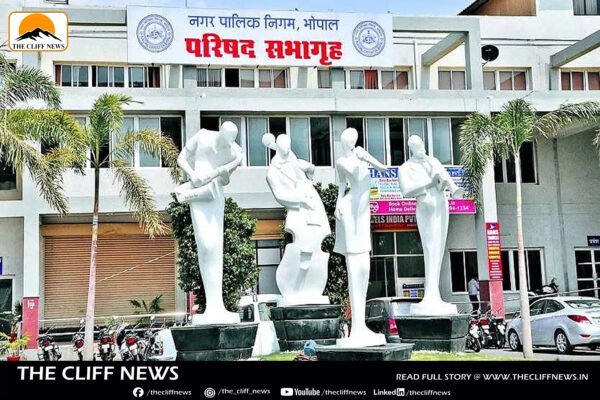India Shuts Down Over Half of Kashmir Tourist Spots Amid Rising Tensions With Pakistan
A traditional Shikara gliding across the waters of Dal Lake with the Hazratbal shrine in the backdrop paints a serene image of Srinagar. But beneath the surface, tensions are escalating in Kashmir following a deadly terrorist attack last week that claimed 26 lives in Pahalgam. In response to the attack, which officials say specifically targeted Hindu tourists, the Jammu and Kashmir administration has shut down 48 of the region’s 87 tourist destinations. The government order, reviewed by Reuters, aims to bolster security across the insurgency-affected region. Enhanced security measures have been put in place at the remaining open sites. No timeline for reopening has been provided, and government officials have not issued an official comment. The April 22 Pahalgam attack saw armed assailants isolate male tourists, ask their names, and shoot them at close range. Two of the three attackers have been identified by Indian authorities as Pakistani militants. Pakistan, however, has denied involvement, calling for an impartial international probe. The incident has reignited hostilities between nuclear-armed India and Pakistan, who both claim Kashmir in full but govern parts of it. India accuses Pakistan of sponsoring terrorism in Kashmir, while Pakistan maintains it offers only moral and diplomatic support to the region’s self-determination movement. In the aftermath, both countries have taken retaliatory measures. India suspended the Indus Waters Treaty—a long-standing river-sharing agreement—while Pakistan responded by closing its airspace to Indian aircraft. Adding to the volatile atmosphere, the Indian Army reported “unprovoked” small arms fire from several Pakistani posts along the Line of Control (LoC) for a fifth consecutive day. No casualties were reported, and the Pakistani military has yet to respond. Pakistan’s Defence Minister, Khawaja Muhammad Asif, told Reuters on Monday that a military incursion by India appeared imminent. As a precaution, Pakistan has reportedly reinforced its forces along the border. The violence has dealt a severe blow to Kashmir’s booming tourism industry, which had seen a resurgence as insurgency-related incidents declined in recent years. With the busy summer season just beginning, fear and uncertainty have gripped visitors, prompting many to cut short their vacations and leave the valley.
